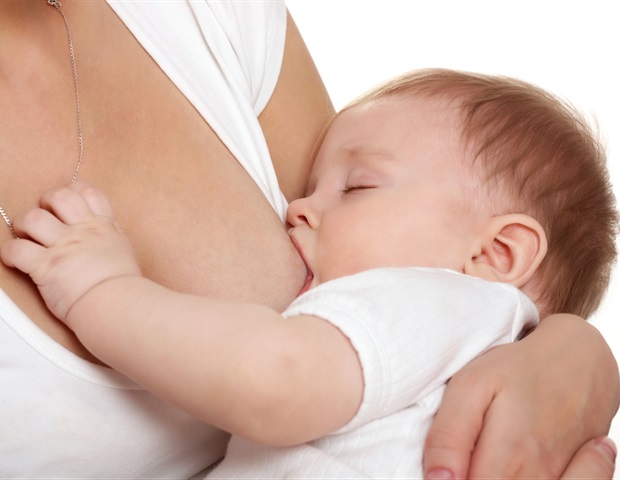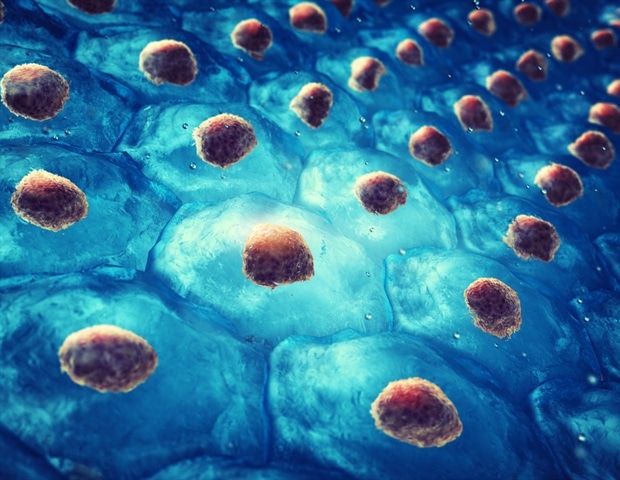A find out about involving 800 kids presentations inclusion of sugar of their nutrition and early interruption of breastfeeding to be the primary elements that make contributions to the illusion of dental caries by means of age 2. A piece of writing reporting the effects is printed within the magazine Group Dentistry and Oral Epidemiology.
The Global Well being Group (WHO) recommends unique breastfeeding for the primary six months of lifestyles, adopted by means of forged meals along with endured on-demand breastfeeding as much as 2 years of age or past. It additionally advises towards giving babies added sugar ahead of age 2.
The find out about used to be a part of a Thematic Venture entitled “MINA find out about: Maternal and kid well being in Acre: start cohort within the Western Brazilian Amazon”, which tracks kids born in 2015-16 in Cruzeiro do Sul, Acre state, Brazil, with FAPESP’s give a boost to (learn extra at: agencia.fapesp.br/38866).
Some earlier research pointed to an affiliation between prolonged breastfeeding [for 12 months or more] and the prevalence of dental caries, however with out correctly accounting for the function of early added sugar intake by means of those kids. Our analysis discovered the greater possibility of caries within the context of prolonged breastfeeding to correlate with sugar intake.”
Marly Augusto Cardoso, major investigator for the venture
Cardoso is a professor on the College of São Paulo’s Faculty of Public Well being (FSP-USP).
“The effects corroborate prior analysis findings at the function of unfastened sugar within the building of dental caries. Breast milk lactose on my own does not reason the issue. Nearly all of the kids surveyed by means of our find out about had been uncovered to unfastened sugar at an early age,” stated Jenny Abanto, first writer of the item. The find out about used to be performed throughout her postdoctoral fellowship at FSP-USP’s Division of Epidemiology. These days, she is a professor at São Leopoldo Mandic Dental Faculty in São Paulo.
Dental caries had been present in 22.8% of the 800 kids tracked. In isolation, this percentage way kids breastfed for greater than 24 months ran a better possibility than the ones breastfed for twelve months or much less. On the other hand, the prevalence of dental caries declined in keeping with falling sugar intake within the former.
“We seen that breastfeeding for twenty-four months diminished intake of ultra-processed meals or meals with added sugar, performing as an element of coverage towards dental caries,” Cardoso stated.
Details about meals intake used to be got from interviews through which moms or carers described what the young children had eaten within the earlier 24 hours. The quantity of sugar added to quite a lot of forms of food and drinks, corresponding to tea, juice, milk and pap, for instance, used to be additionally recorded.
Simplest 2.8% by no means fed on sugar ahead of their 2nd birthday, and 66.7% fed on meals with added sugar greater than 5 occasions an afternoon. Simplest 7.6% fed on no added sugar in any respect within the first 12 months in their lives.
The frequency of dental caries numerous with family revenue, instructional attainment and the mum’s or carer’s pores and skin colour. It used to be very best for youngsters of Black girls in low-income households and with much less education.
Milk enamel
Prime sugar intake leads to the formation of a cariogenic dental biofilm, referred to as bacterial plaque. Breast milk is changed by means of plaque and contributes to demineralization of enamel tooth, however sugar intake triggers this procedure. The frequency with which plaque is uncovered to breast milk is almost definitely the primary issue within the heightened possibility of dental caries seen in breastfed kids over twelve months of age.
“Even supposing the enamel affected are deciduous or milk enamel, nutritional conduct corresponding to eating huge quantities of sugar in infancy generally tend to change into everlasting and pose the danger of dental caries growing later in lifestyles. Different research have additionally proven that having dental caries in infancy generally way having them in formative years, too,” stated Abanto, who could also be a professor on the World College of Catalonia (UIC Barcelona) in Spain.
Nutritional conduct are rooted in infancy, she added, and the meals to which young children change into accustomed affect their lifelong personal tastes. That is another reason to steer clear of sugar intake within the first 24 months of a child’s lifestyles.
Even 100% fruit juice is lately discouraged within the first twelve months by means of the WHO, Brazil’s Well being Ministry and the Brazilian Society of Pediatricians. It would possibly not include added sugar, however the herbal sugar in fruit is separated from the fiber when it’s beaten, and this unfastened sugar has identical results to sucrose from sugarcane, for instance. The WHO’s pointers don’t discourage intake of complete recent fruit and greens by means of babies, then again.
“The WHO recommends unique breastfeeding for the primary six months and advocates endured on-demand breastfeeding till age 2, introducing fruit and different forged meals from the age of six months. It additionally advises towards added sugar till age 2,” Cardoso stated.
Supply:
Magazine reference:
Abanto, J., et al. (2022) Extended breastfeeding, sugar intake and dental caries at 2 years of age: A start cohort find out about. Group Dentistry And Oral Epidemiology. doi.org/10.1111/cdoe.12813.
Supply Via https://www.news-medical.web/information/20230207/Early-interruption-of-breastfeeding-and-sugar-consumption-contribute-to-dental-caries-by-age-2.aspx

















